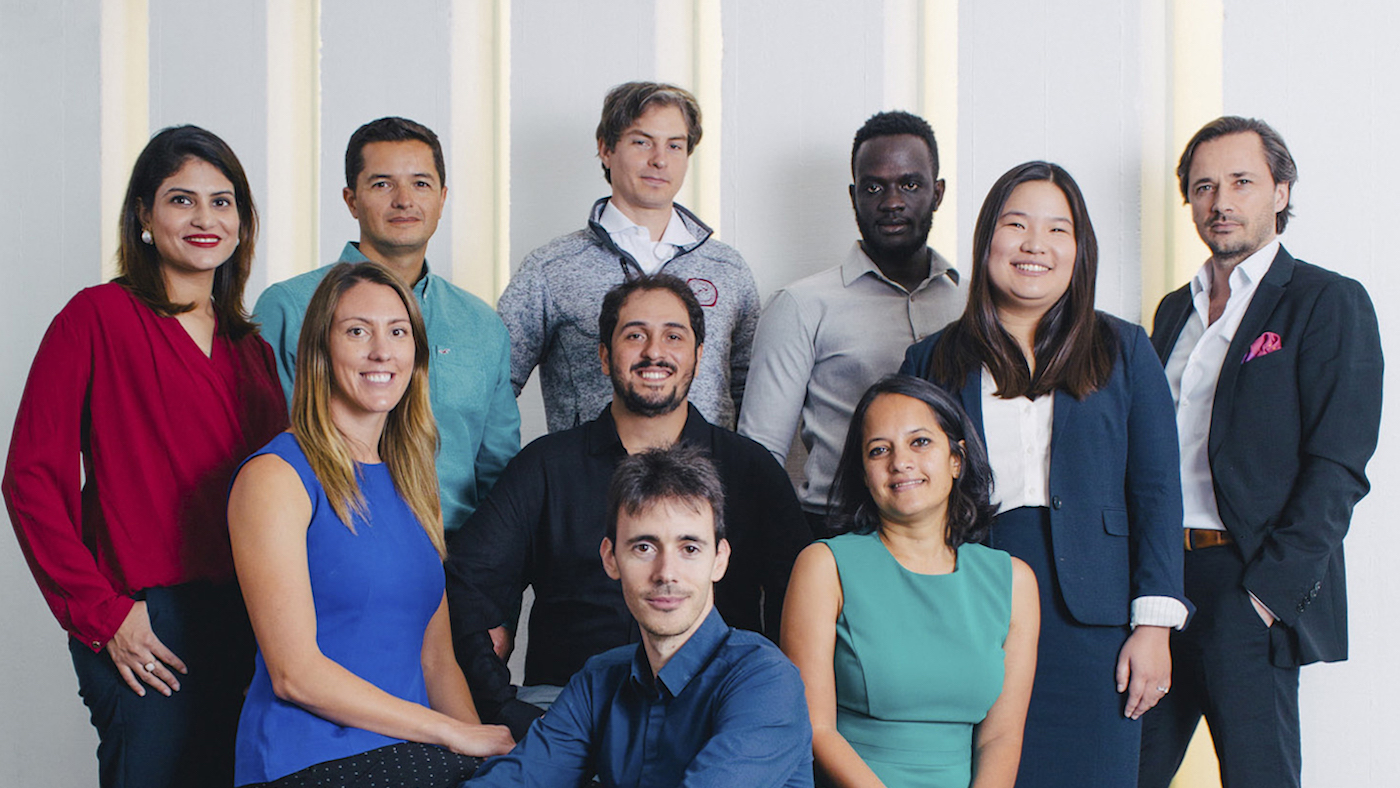Vote now: the 2019 Rolex Awards for Enterprise
Rolex's pioneering philanthropic initiative invites the public to select winners

A free daily email with the biggest news stories of the day – and the best features from TheWeek.com
You are now subscribed
Your newsletter sign-up was successful
Rolex first launched its Awards for Enterprise in 1976, in time to celebrate the 50th anniversary of its emblematic Oyster model. Setting out to recognise and support one-of-a-kind projects that previously struggled to secure funding, the Swiss luxury brand has since crowned 140 prize winners working in diverse fields, from archaeology to marine biology and healthcare.
Many of the award-winning projects are staggering in their ambition and scope: in 2000, American-Canadian palaeontologist Elizabeth L. Nicholls won her Rolex Award for Enterprise for excavating the fossilised remains of 220 million-years-old Ichthyosaur – a large, dolphin-shaped extinct marine reptile – discovered in a remote part of British Columbia. Twelve years later, the award went to biomedical engineer Mark Kendall who devised the Nanopatch, a vaccination device that aims to make needles obsolete.
For the 2019 edition of the Rolex Awards for Enterprise, the marque invites the public to vote for their favourite projects, selecting five winners from ten finalists chosen by an independent jury fielding through 1000 applications. The final five will then be revealed during the National Geographic Explorers’ Symposium in Washington DC, from 12 to 14 June. The public vote along with votes cast during the event will reveal the final winners, who will each receive prize money of 200,000 Swiss Francs (£155,000) for the advancement of their project in addition to worldwide publicity for their cause.
The Week
Escape your echo chamber. Get the facts behind the news, plus analysis from multiple perspectives.

Sign up for The Week's Free Newsletters
From our morning news briefing to a weekly Good News Newsletter, get the best of The Week delivered directly to your inbox.
From our morning news briefing to a weekly Good News Newsletter, get the best of The Week delivered directly to your inbox.
2019 Laureates include Argentinian conservationist Pablo García Borboroglu whose bid it is to save penguins species now considered threatened, British marine biologist Emma Camp's ambitious reef rescue program and Topher White, whose forest alert systems warns of dangers including chain saws and road building using repurposed mobile phones fitted with solar rechargers.
In the Amazon, fisheries ecologist João Campos-Silva is focused on the plight of the giant arapaima – which ranks as the world's largest scaled freshwater fish – while in India, conservationist Krithi Karanth has made frequent rapprochements between wildlife and humans in shared, limited spaces her cause.
“Volcanoes have shaped our planet and its atmosphere over aeons. Collecting real-time data on volcanic activity in the most remote places on Earth is key to a true understanding of their role in accelerating or masking climate change", says nominated volcanologist Yves Moussallam of his plan to explore volcanoes further.
Elsewhere, innovative technology is used to better lives: as the co-founder of platform Sehat Kahani, Pakistani doctor Sara Saeed is mapping an electronic health (e-Health) network that connects female doctors with patients in hard-to-reach and impoverished communities. “A lot of female doctors here do not work after getting their degree. Instead they become ‘doctor brides’ and stay home with their family.", explains Kahani.
A free daily email with the biggest news stories of the day – and the best features from TheWeek.com
"We're putting these female doctors back into the workforce within the cultural norms that exist in Pakistan and connecting them to patients in poor and rural communities, using digital technology. "In Lausanne, Switzerland, French researcher Grégoire Courtine is working on an electronic bridge device designed to allow patients with a broken back to regain control of their legs. Ugandan IT specialist Brian Gitta has developed the Matiscope, a pioneering portable electronic device that diagnoses Malaria without a blood sample.
Portrait courtesy of Rolex.